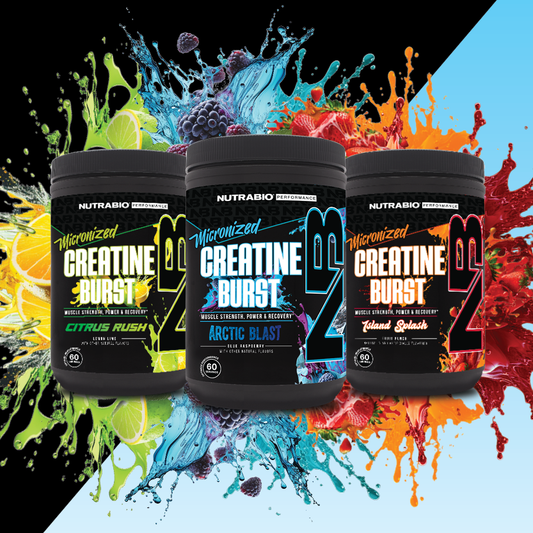Alpha GPC is a dietary supplement that has gained popularity for its potential benefits on cognitive function. It is a natural compound that is found in the brain and has been shown to improve memory, focus, and overall brain health. Here is what you need to know about this popular supplement:
What is Alpha GPC?
Alpha GPC, or alpha-glycerophosphocholine, is a natural compound that is found in the brain. It is often used in dietary supplements to support cognitive function, and is commonly found in nootropic supplements.
Benefits of Alpha GPC
- Improved Memory: Alpha GPC has been found to improve memory function, particularly in those with age-related cognitive decline or dementia.
- Enhanced Focus: Alpha GPC has been found to enhance focus and attention, making it a popular ingredient in nootropic supplements.
- Improved Brain Health: Alpha GPC has been found to improve overall brain health, potentially reducing the risk of cognitive decline and improving overall cognitive function.
How to Use Alpha GPC
Alpha GPC is available in a variety of forms, including capsules and powder. It is typically taken orally, either on its own or as an ingredient in a nootropic supplement. It is important to follow the recommended dosage guidelines for your specific supplement, as dosage can vary depending on the form and concentration of the supplement.
Side Effects and Precautions
Alpha GPC is generally considered safe when taken as directed. However, like any supplement, it can cause side effects in some individuals. The most common side effects include digestive upset, headaches, and dizziness. It is important to talk to your doctor before taking Alpha GPC, especially if you have a medical condition or are taking medications.
Conclusion
Alpha GPC is a natural compound that is found in the brain and has gained popularity for its potential benefits on cognitive function, including improved memory, focus, and overall brain health. While it is generally safe when taken as directed, it is important to talk to your doctor before taking Alpha GPC, especially if you have a medical condition or are taking medications.


